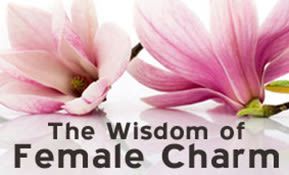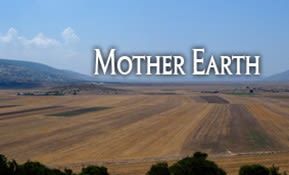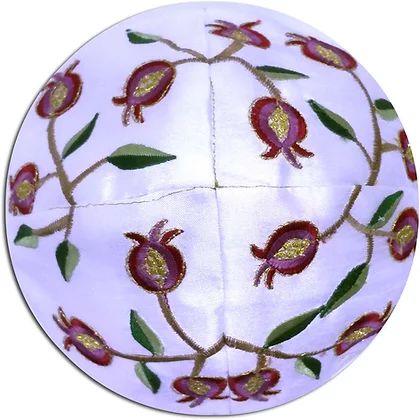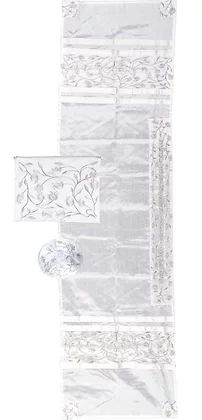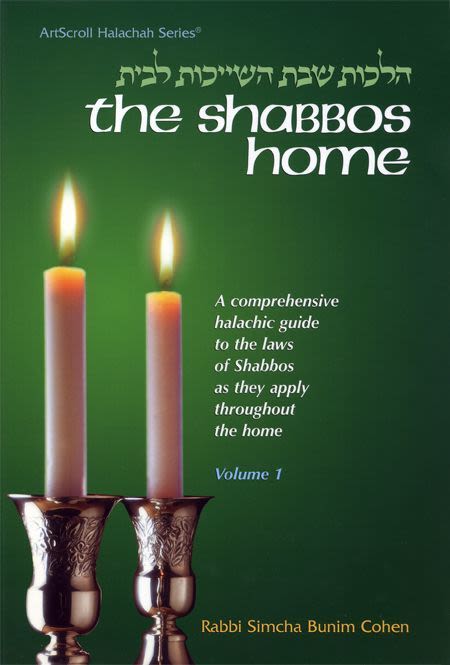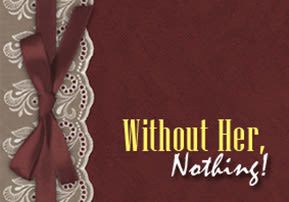
Bereishit: Without Her, Nothing!
A true woman realizes her unique femininity that enables her to bring out the best in her husband, as it states: “A virtuous woman is the crown of her husband…”

Parshat Bereishit
IN THE IMAGE OF G-D
The Torah teaches us that man and woman were originally created as one being, “G-d created the human being in His own image, in the image of G-d He created him, male and female He created them” (Bereishit 1:27). Why does the Torah jump from the singular “him” to the plural “them” when describing the first human being? This change from singular to plural indicates the transition from the spiritual realm – where man and woman were one inseparable being – to the physical realm – where mankind became split into two different genders, each with its own unique physical and spiritual attributes. The equal status of man and woman is clear from the fact that both are manifestations of G-d's image. G-d is One, and therefore has no higher or lower image.
AN EQUAL MATCH
In Bereishit 2:18, woman's role is described in relation to man: “Hashem G-d said, `It is not good for man to be alone, I will make a helper to match him.’” A man without a woman can never be complete. This fundamental principle is reflected in our oral tradition: “The man who has no wife lacks everything. He has no joy, no blessing, nothing good, no knowledge, no comfort, no peace” (Yevamoth 62b). The woman who completes man is described in Hebrew as an “Ezer Kenegedo.” This expression is not easily translated. The word “Ezer” means helper; but the term “kenegedo” has several meanings: opposite, against, facing, contrary to, matching, parallel and in opposition to another. The common denominator of all these expressions is equality. You can only be an opponent in chess if you are an equal player. Only a well matched challenge can sharpen and refine one's game. The reason woman perfects man in the game of life is that she is his equal match. She complements him in every way. A true woman realizes and enjoys her unique femininity, which enables her to bring out the best in man, as it states: “A virtuous woman is the crown of her husband” (Mishlei 12:4).
SIDE BY SIDE
“Hashem G-d built the rib (tzela), which he had taken from the man into a woman, and he brought her unto the man” (Bereishit 2:22). The common understanding is that G-d created Chava from one of Adam's ribs. However, a more accurate translation reveals that she was actually created from his side. Rashi explains: the word “tzela” means of his sides, similar to “and for the second side of the tabernacle” (Shemot 26:20). This explains the saying of our Sages, (Eruvin 18a): “They were created with two faces.” Thus, the creation of Chava involved her being divided from her other half. Her coming into being through man's side enabled their relationship to be that of equal partners, walking through life side by side.
THE BUILDING OF WOMAN
“Hashem G-d built…” If man was originally created with two faces, it should have been sufficient tosimply say that G-d separated them and closed Adam's flesh. Why did the Torah add the element of building? Rashi explains that G-d built Chava in the way most suitable to serve her purpose: “as a structure wide below and narrower above for the bearing of children, just as a wheat store is wide below and narrower above so that its weight should not strain the walls.” Kli Yakar understands the word “built” to be connected with the intimacy between husband and wife, which serves to build the world. Therefore, when Sarah gave her handmaid to Avraham as a wife, she said: “so that also I will be built (bear children) through her” (Bereishit 16:2).
ADDITIONAL INTUITION
The Hebrew word “bina” means both “building” and “intuition.” Rabbi Eliezer in the name of Rabbi Yossi son of Zimra said, “she was given more intuition than man” (Bereishit Raba 18:1). According to Rabbi Adin Steinsaltz, woman’s extra intuition endows her with the character trait of curiosity, a quality which women possess in abundance. The act of eating from the Tree of Knowledge was, in a certain respect, the result of this curiosity. Although curiosity in itself is neutral, when it exceeds its boundaries it can become extremely dangerous. We elevate our curiosity when we use it to help others. For example, if you never inquire about your neighbor's welfare, how would you find out that they're sick and need help? It is our challenge as women to use our Divine gift of additional intuition to stay in tune with our purpose and to direct others on their path.
WITHIN THE GARDEN
“Hashem G-d planted a garden eastward in Eden, and there He put the man whom he had formed” (Bereishit 2:8). Rabbeinu Bachaya notes that whereas man is created outside the Garden of Eden, woman is created within the Garden, where the whole separation process took place. This may explain why women exhibit greater sensitivity and yearning for harmony; as we naturally aspire to return to our origin in Eden. Women pave the way for “turning our swords into ploughshares” (Micha 4:3) as we rebuild the Garden of Eden bit by bit.
***
Rebbetzin Chana Bracha Siegelbaum is Director of Midreshet B’erot Bat Ayin in Gush Etzion. This article is an excerpt from her book Women at the Crossroads: A Woman’s Perspective on the Weekly Torah Portion, reviewed by The Jerusalem Post, The Jewish Press, Voices Magazine, Good Reads, WordPress/JewishPress and more. To order this book, click here.



